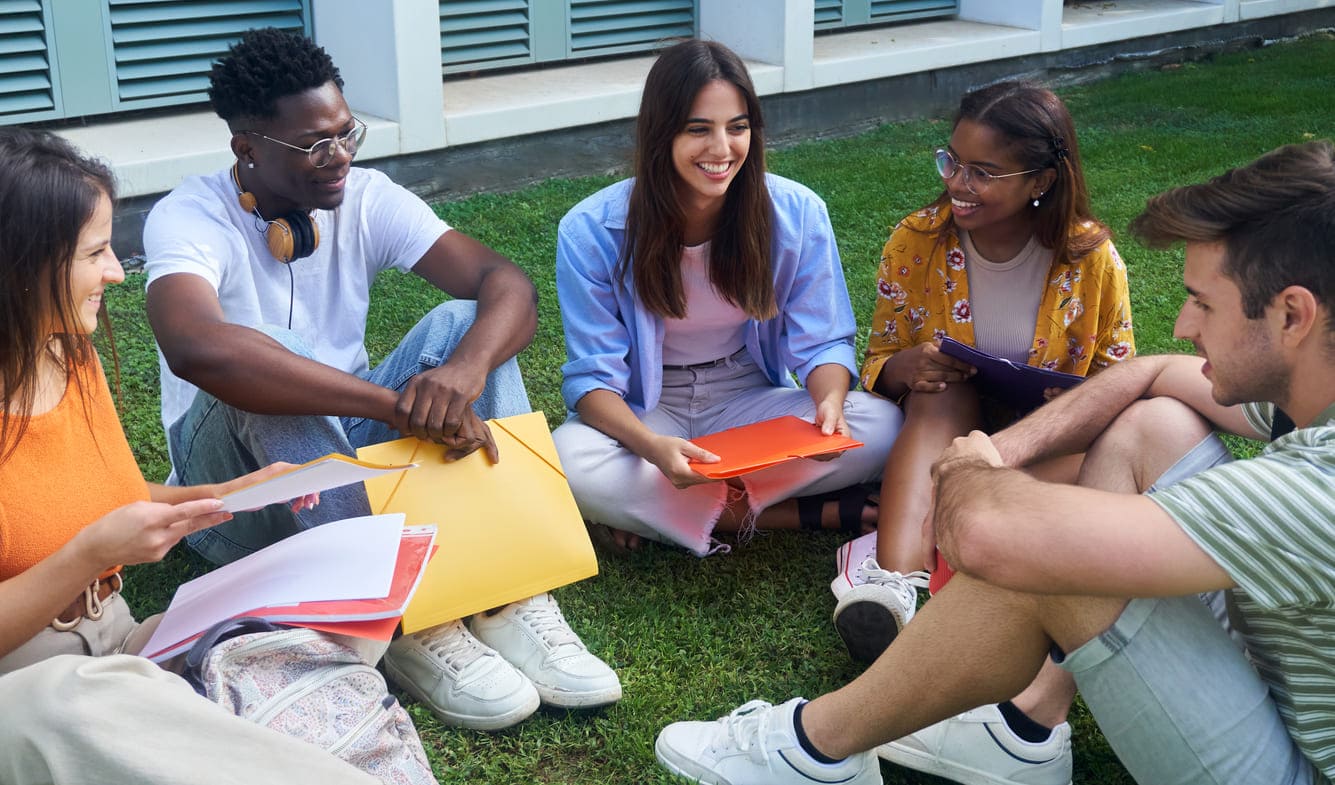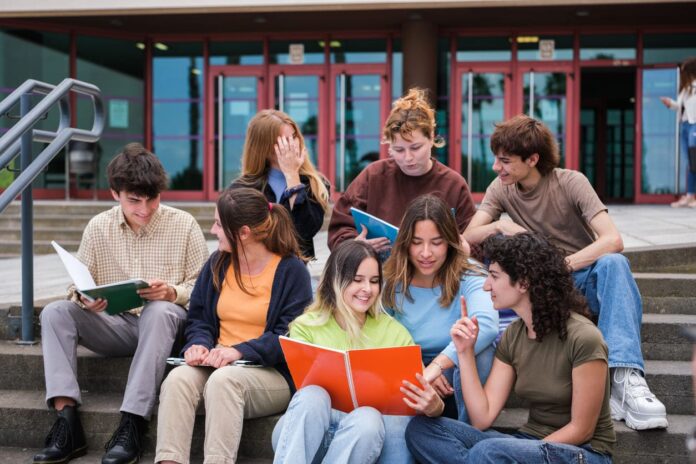Encouraging Cognitive Growth Through Playful Learning

Educational models are beginning to emphasize the importance of playful learning, which combines play with academic content. This method is particularly effective for serious students, breaking down the barriers between learning and leisure. These playful strategies can range from educational games to experimental, hands-on activities that make the learning experience engaging and enjoyable.
Playful learning often leads to deeper engagement with the material. When students enjoy academic tasks, they are more likely to immerse themselves deeply and persist in problem-solving. This intrinsic motivation enhances learning, making acquiring new knowledge more effective and meaningful.
Gamification is a method for teaching complex subjects. It leverages game-design elements in non-game contexts. For instance, a sweepstakes casino format could teach probability and statistics in a mathematics class. By transforming abstract concepts into tangible experiences, students better understand the material and retain information longer.
The modern digital landscape offers many tools and platforms designed for playful learning. From educational apps to virtual reality experiences, technology has expanded the scope of possibilities for integrating play into serious study. Furthermore, these tools often allow for adaptive learning, customizing the experience to the individual student’s needs and pacing, thus enabling them to maximize their cognitive growth.
Play and Creativity: Fostering Innovative Thinking in Serious Students
The link between play and creativity is powerful, as play offers a safe space for experimentation and exploring new ideas. When serious students engage in play, they open their minds to unconventional thinking, challenging norms, and encouraging out-of-the-box solutions. This skill is essential in an ever-changing world where adaptability and innovation are key to solving complex problems.
Many of history’s great minds have touted the importance of playfulness in the creative process. From engineers to writers, the ability to approach problems with a sense of creativity often originates from playful experimentation. For students, this might mean tinkering with a new design in a robotics club or composing a piece of music to understand mathematical patterns better.
Ideas about how to merge play with academia are evolving. For example, students interested in the cosmetic industry might apply playful learning by exploring an online master’s program in cosmetic science, where experimentation and innovation are crucial. You can learn more about such innovative programs at the University of Cincinnati by visiting https://online.uc.edu/masters-programs/ms-in-cosmetic-science/.
Creativity fostered through play benefits the arts and infuses science, technology, engineering, and mathematics (STEM) fields with fresh perspectives. When students approach these disciplines with a playful mindset, they are better equipped to devise original research, propose inventive solutions, and push the boundaries of what is known and accepted.
The Social Impact of Play on Student Relationships and Teamwork

Social skills are critical to success within and beyond the academic environment. Play naturally cultivates these skills by putting students in scenarios where communication, collaboration, and empathy are necessary. Group activities and games require individuals to work together towards a common goal, fostering a sense of team spirit and cooperation.
Play also serves as a common ground for students to connect, breaking down social barriers and fostering friendships. These relationships can be crucial support systems throughout the educational journey, offering emotional support, joint study sessions, and opportunities for collaborative learning.
Play teaches the importance of trust and effective communication in team-based sports or group projects. Lessons learned on the field or within a game can translate to more effective group dynamics in the classroom or during group assignments. These interactive experiences help develop leadership and conflict resolution skills, both highly regarded in the academic world and beyond.
Developing a healthy student culture is often underpinned by shared playful experiences. Social play helps to create an inclusive atmosphere where individuals from different backgrounds can interact and learn from each other. Through these interactions, students gain a broader perspective on the world, enhancing their ability to work with diverse groups in the future.
Overall, integrating play into a student’s academic life enhances cognitive development, creativity, and social skills, all contributing to a well-rounded and successful experience. By balancing serious study with playful activities, students can unlock their full potential and thrive personally and academically.



































